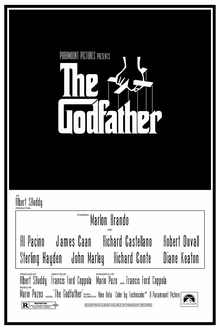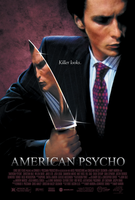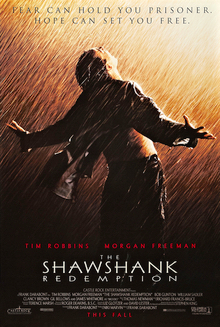Lists




4 Books
Want to Read
Sort by:
Recent Desc
Liked by
More lists by Diogo Kersting



Will Watch Next
List includes: The Godfather, 30-sai no hoken taiiku, shingeki no kyojin
July 2020
0
@lelouchzenny



Want to Watch
List includes: American Psycho, The Dark Knight, South Park
July 2020
0
@lelouchzenny



Want to Play
List includes: BioShock, Mirror's Edge, The Legend of Zelda: Twilight Princess
July 2020
0
@lelouchzenny


Will play Next
List includes: Hollow Knight, Disco Elysium
July 2020
0
@lelouchzenny



Masterpiece Anime
List includes: code geass: lelouch of the rebellion, shingeki no kyojin, Attack on Titan
July 2020
0
@lelouchzenny



Ongoing
List includes: Rick and Morty, One Punch Man, Billions
July 2020
0
@lelouchzenny



Masterpiece Movies
List includes: Saving Private Ryan, The Shawshank Redemption, The Green Mile
July 2020
0
@lelouchzenny


Masterpiece Games
List includes: The Legend of Zelda: Breath of the Wild, Hollow Knight
July 2020
0
@lelouchzenny

Superhero
List includes: Thor: Ragnarok
July 2020
0
@lelouchzenny